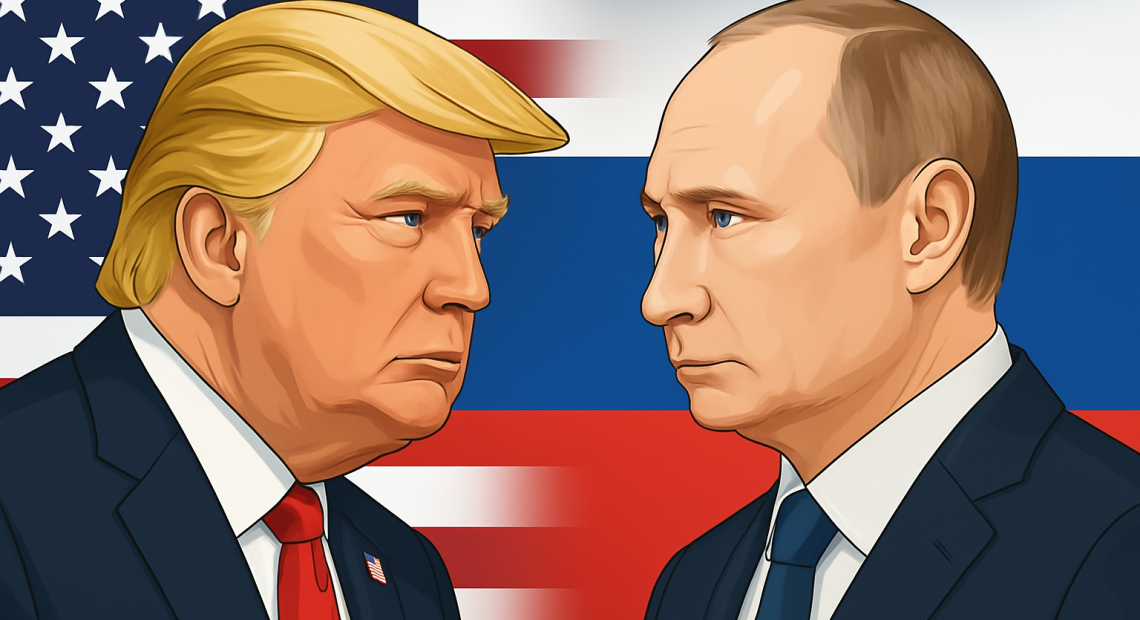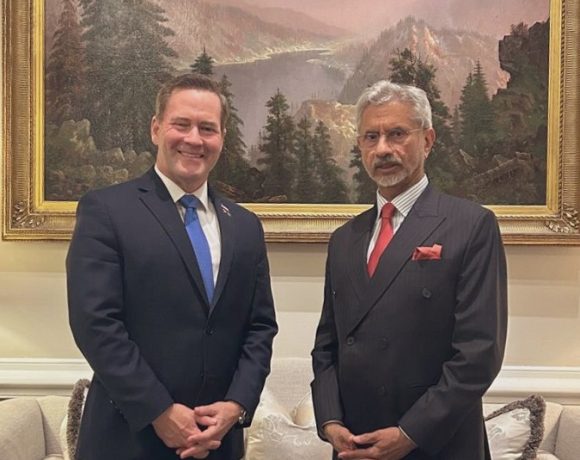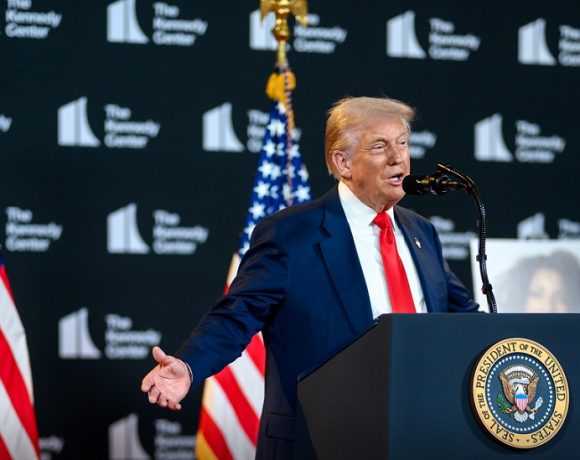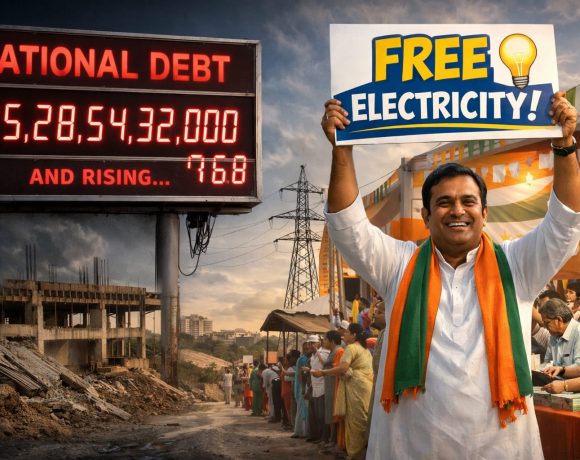
Trump Targets BRICS with Tariff Threat as Bloc Denies Hostility
U.S. President Donald Trump has issued a stern warning to nations aligning with BRICS, threatening an additional 10% tariff on top of existing duties if countries are seen pursuing what he labeled as “anti-American” policies. The announcement, made during the ongoing BRICS Summit in Rio de Janeiro, has drawn sharp reactions from member states, particularly China and Russia, who dismissed the notion that the bloc is targeting any country.
BRICS tariffs
The threat follows Trump’s recent wave of tariff notices to 14 countries, with duties set to take effect on August 1. He signaled that nations promoting alternatives to the U.S. dollar or embracing protectionist moves under the BRICS framework could be subject to further trade penalties. His remarks appeared aimed at deterring a shift in global economic alignment toward emerging non-Western coalitions.
Trade tension
As BRICS leaders gathered to chart out the bloc’s future direction, their joint communiqué voiced concerns over rising unilateral tariff and non-tariff measures—an indirect but pointed reference to U.S. trade practices. Trump’s latest warning has cast a shadow over the summit’s broader goals of enhancing cooperation, particularly among the Global South. It also comes at a time when the bloc is discussing plans for an alternative payments mechanism and deepening intra-bloc trade.
U.S. threat
Reacting to Trump’s comments, China’s Foreign Ministry reiterated that BRICS is “not aimed at any third party” and called for mutual respect in international relations. The Kremlin echoed the sentiment, calling BRICS a platform for constructive dialogue, not confrontation. Brazil’s President Lula da Silva also weighed in, warning against “emperor-style” posturing and reaffirming the bloc’s commitment to a multipolar world order. He clarified that while BRICS supports reducing overdependence on the dollar, any shift would be gradual and cooperative—not adversarial.
Despite the firm rhetoric, Trump’s administration clarified that the new tariffs are not automatic but conditional. Countries will be assessed individually based on whether they adopt policies perceived as hostile to U.S. interests. For now, the threat appears to be a pressure tactic—leveraging economic tools to discourage alternative alliances and assert Washington’s dominance in global trade.
As BRICS looks to expand and redefine its role in the international order, Trump’s posture signals growing discomfort in Washington over emerging economic groupings that challenge U.S.-led financial architecture. Whether this escalates into a broader trade rift will depend on how both sides navigate the fragile balance between assertion and diplomacy.


















